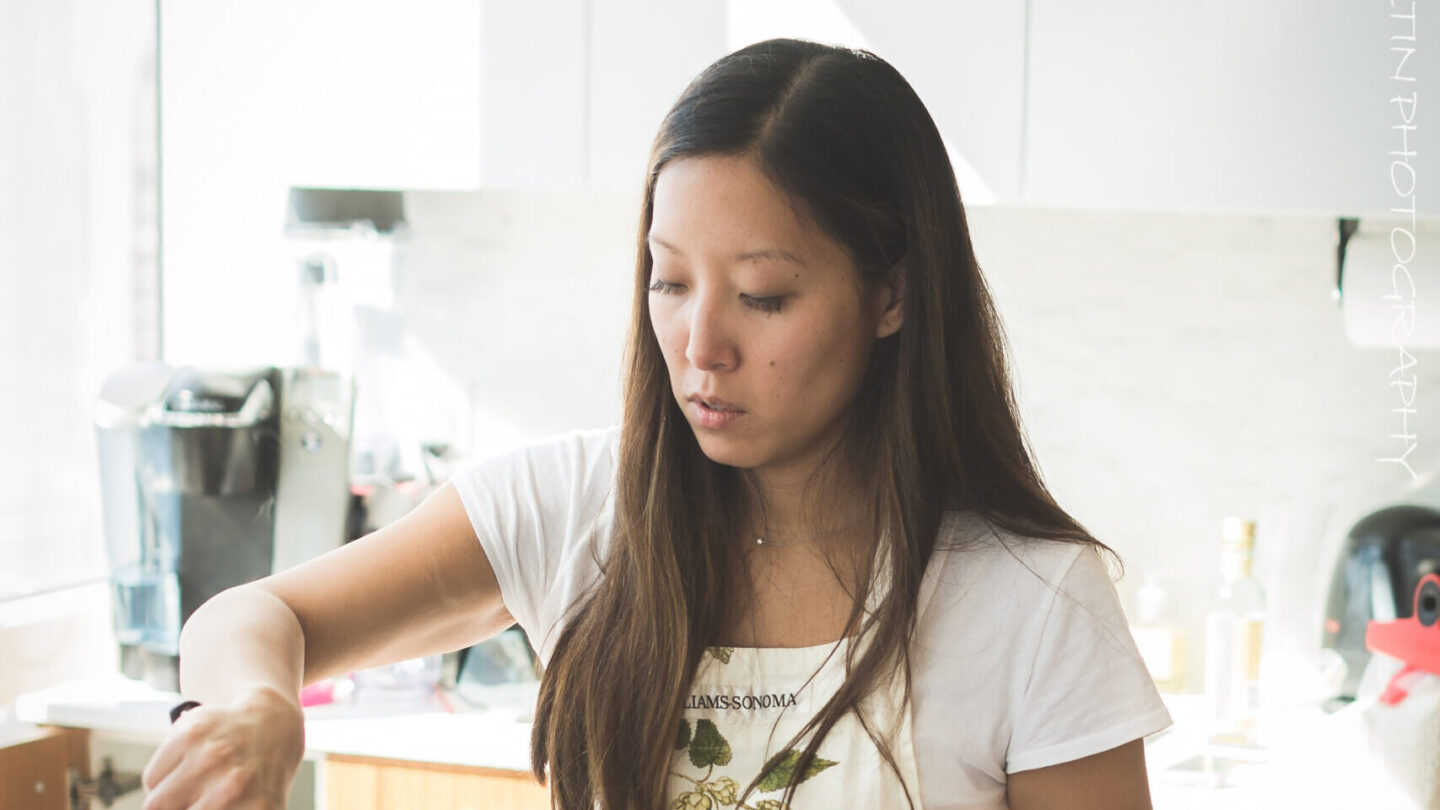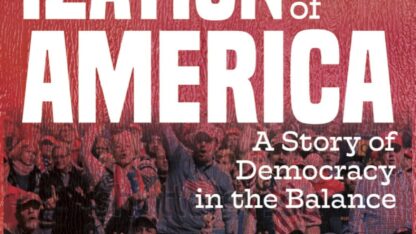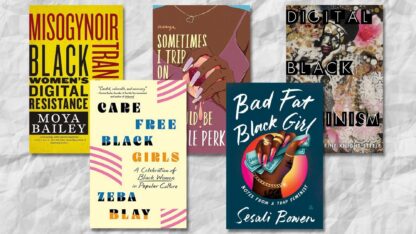Among the many appetites we indulge through social media and the internet – connection, entertainment, attention, the list goes on – vegan chef and author Joanne Lee Molinaro feeds an incredibly universal and natural craving for nourishment. Throughout 2020, Molinaro became a star on the social video app TikTok, where she shares vegan recipes, techniques, and stories about food to her followers, who now number nearly three million. Molinaro’s parents were born in what is now known as North Korea, and she was raised in a family culture that cherishes food, once intimately familiar with scarcity and deprivation. She now shares a new book, “The Korean Vegan Cookbook: Reflections and Recipes from Omma’s Kitchen.” Molinaro joined “City Lights” host Lois Reitzes via Zoom to talk about the unique family love language of food that The Korean Vegan celebrates.
Interview highlights:
On why Molinaro’s videos sparked such a strong response in 2020:
“There were a lot of things going on at that time that, I think, facilitated the amplification of my videos. Number one, we were all isolated. We were all stuck in quarantine, literally across the world, so people were literally hungry for content, and the kind of content that tended to bring people together in a virtual way since we couldn’t do so in a physical way,” said Molinaro.
“While I was cooking, I would be talking about my mom and my dad, who, quite frankly, I missed a great deal because I couldn’t see them very much during quarantine. Or I’d talk about what it was like growing up as an Asian-American in Chicago or why I like this particular food that I’m making. And I think that what I was trying to recreate was that really special, intimate time that you often have in your kitchen with your mom or your dad or your family members, or with your friends, or even sitting at a dinner table when you’re having a dinner party with your closest group of friends. These were things we could no longer participate in, and I wanted to recreate that on TikTok.”
Food is emotional:
“For my family, food was a way for, particularly the women – my mom, my grandmothers, and my aunts – to show love and affection. Love and affection are not easily shown in my family, and particularly in my culture. We don’t say ‘I love you;’ I don’t think I’ve ever heard that from my mom,” Molinaro said. “It’s more just, ‘Here, I made you some gyeran mari,’ and in that way, she’s showing her love for us. And because of that, throughout my childhood, these moments where we got together as a family to break bread together, to share food together, were some of the most loving moments in my memory because it was in that breaking of bread that there was a sort of implied communication of love, support, solidarity, understanding.”
“It was probably the lowest point in my entire life, and I remember, my mom and my dad took us out to dinner because it was my birthday, just a few weeks after I had finalized my divorce,” recounted Molinaro. “I remember my father, while we were eating naengmyun together, he puts up his glass, and he says ‘Congratulations,’ and I thought he was congratulating me on my birthday, which I thought was very strange. And it turned out he was congratulating me on my divorce, and that was such a powerful and emotional moment, and it’s not a coincidence that it occurred while we were eating dinner together.”
On bringing Korean tradition to a vegan kitchen:
“When the idea of going vegan was first posed to me by my then-boyfriend, now husband, I basically was like, ‘No, that’s not possible. I’m Korean.’ I didn’t think it was possible, and of course, what that did was it evinced a complete naïveté and ignorance of what Korean cuisine really is. It is largely vegetables and plant-centric. These panchans, which are these side dishes, they’re all vegetables and beans and plant foods that may be marinated in fish sauce and things like that, but that’s really the only thing that takes it out of the vegan realm.”
“Because Korea was such a poor country for much of its existence, meat wasn’t something that was very regularly on the dinner table; certainly not at my house. We [had] mostly vegetables, and occasionally some meat dishes, and fish dishes. So if you really dig a little and pull that thread, you’ll find that, in actuality, Korean cuisine is certainly not one-dimensional enough to simply encapsulate grilled meat. And also, in my opinion, you take some of that Korean barbecue sauce and pour it over some mushrooms, some eggplant, some bok choy, whatever you want – it’s going to taste just as delicious. You’re not going to miss the meat, trust me.”
“The Korean Vegan,” a new cookbook by Joanne Lee Molinaro, is available now through all major booksellers. More information is available at
https://thekoreanvegan.com/the-korean-vegan-cookbook.









